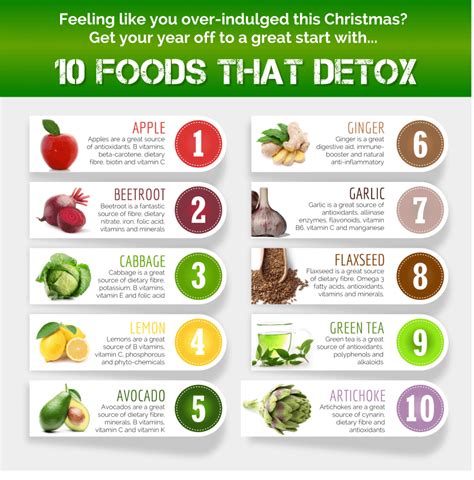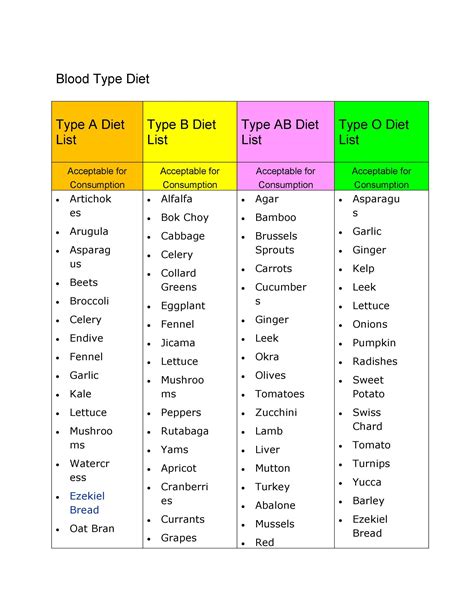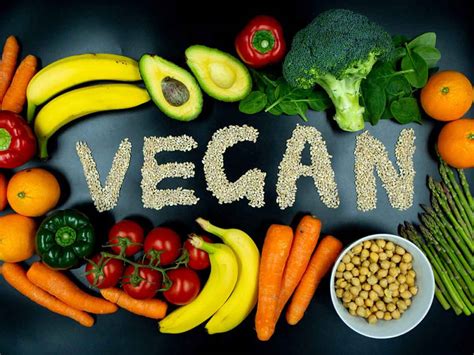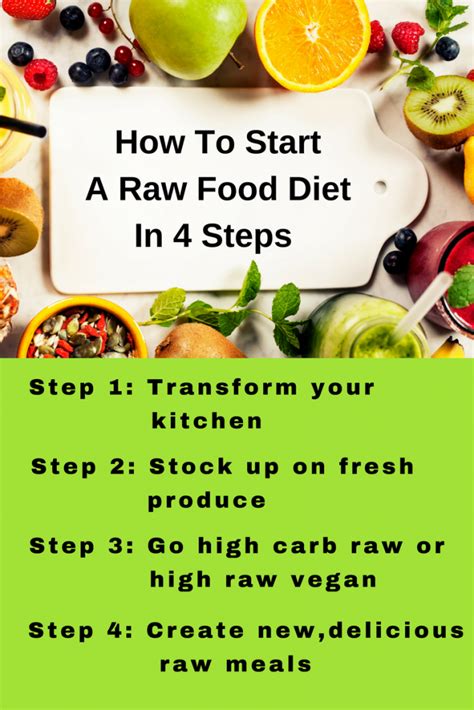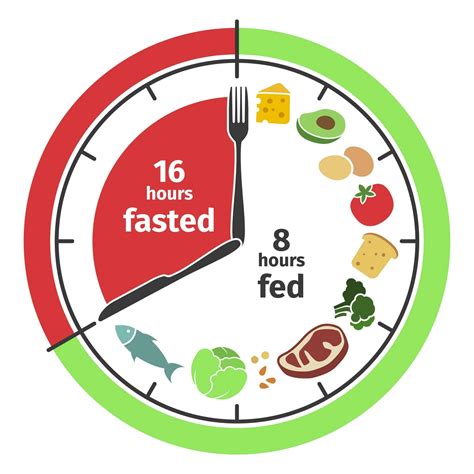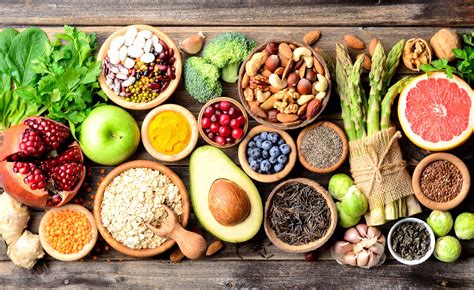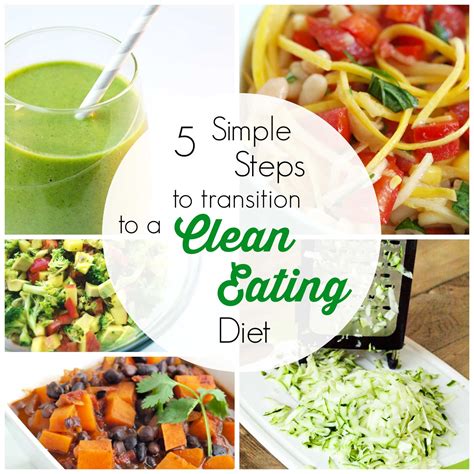Discover the benefits of detox diets, learn about different types, and how to start one for optimal results.
Understanding Detox Diet
Contents
Detox diet is a type of diet that aims to remove toxins from the body and promote overall health and well-being. The concept behind a detox diet is to cleanse the body of harmful substances that can accumulate from a poor diet, environmental pollutants, and other sources. Many people choose to follow a detox diet as a way to kickstart a healthy lifestyle, lose weight, and improve their energy levels.
One of the main principles of a detox diet is to eliminate certain foods and drinks from your daily intake in order to reduce the amount of toxins and chemicals that are entering the body. These may include processed foods, refined sugars, alcohol, and caffeine. In addition to cutting out these harmful substances, many detox diets also encourage the consumption of specific fruits, vegetables, and liquids that are believed to help cleanse the body.
While the idea of a detox diet may sound appealing, it’s important to approach it with caution. Some detox diets can be extreme and may not provide all the necessary nutrients that the body needs to function properly. It’s always best to consult with a healthcare professional before starting any new diet regimen, especially one that involves significant changes to your eating habits.
Despite the potential drawbacks, many people report feeling more energetic and healthier after completing a detox diet. While there is limited scientific evidence to support the effectiveness of detox diets, some individuals may still find it to be a beneficial way to jumpstart a healthier lifestyle and improve their overall well-being.
Benefits of Detox Diet
A detox diet can provide numerous benefits for your overall health and well-being. One of the primary benefits of a detox diet is that it helps to rid the body of harmful toxins and impurities. These toxins can accumulate in the body through the consumption of processed foods, environmental pollutants, and other sources. By following a detox diet, you can support your body’s natural detoxification processes and eliminate these toxins, which can ultimately improve your energy levels and promote better health.
Additionally, a detox diet can also help to improve digestive health. Many detox diets focus on consuming nutrient-dense, whole foods that are rich in fiber, vitamins, and minerals. These foods can help to improve digestion, regulate bowel movements, and support a healthy gut microbiome. As a result, you may experience reduced bloating, gas, and other digestive issues, as well as improved nutrient absorption and overall digestive function.
Moreover, a detox diet can be beneficial for weight management and promoting a healthy body composition. By eliminating processed foods, sugar, and other unhealthy substances from your diet, you can reduce inflammation, support metabolic function, and potentially lose excess weight. This can lead to improved body composition, increased muscle mass, and a reduced risk of chronic diseases such as obesity, diabetes, and heart disease.
Furthermore, a detox diet can have a positive impact on mental clarity and emotional well-being. Many people report feeling more focused, alert, and mentally sharp when following a detox diet. Additionally, eliminating certain foods and substances from your diet can help to regulate mood, reduce anxiety, and promote a sense of calm and well-being. This can be especially beneficial for individuals struggling with stress, anxiety, or mood disorders.
In conclusion, a detox diet can offer a wide range of benefits for both your physical and mental health. By supporting your body’s natural detoxification processes and consuming nutrient-dense, whole foods, you can improve your energy levels, digestive health, weight management, and emotional well-being. Consider incorporating a detox diet into your lifestyle to experience these benefits and promote overall health and wellness.
Types of Detox Diets
There are several different types of detox diets that individuals can choose from, depending on their specific health goals and preferences.
One popular type of detox diet is the juice cleanse, which involves consuming only freshly squeezed fruit and vegetable juices for a set period of time. This type of detox diet is often used to quickly rid the body of toxins and promote weight loss.
Another type of detox diet is the raw food cleanse, which focuses on consuming only raw fruits, vegetables, nuts, and seeds. This type of detox diet is believed to provide the body with essential nutrients and enzymes while eliminating harmful chemicals found in processed foods.
The elimination diet is a detox diet that involves removing certain foods or food groups from the diet to identify and eliminate potential food intolerances or allergies. It is often used to address digestive issues, skin problems, and chronic fatigue.
Lastly, the smoothie cleanse is a detox diet that involves consuming a variety of nutrient-dense smoothies made from fruits, vegetables, protein powders, and other natural ingredients. This type of detox diet is often used to jumpstart weight loss and improve overall health.
How to Start Detox Diet
Starting a detox diet can be a great way to cleanse your body of toxins and jumpstart your weight loss journey. Before starting a detox diet, it’s important to do some research and understand what the diet entails.
One of the first steps in starting a detox diet is to eliminate processed foods, sugar, and unhealthy fats from your diet. You can start by focusing on whole foods such as fruits, vegetables, lean proteins, and whole grains. Drinking plenty of water and consuming herbal teas can also help support the detox process.
It’s also important to gradually eliminate caffeine and alcohol from your diet in preparation for a detox diet. These substances can put a strain on your liver and hinder the detoxification process. You may experience withdrawal symptoms at first, but they will subside as your body adjusts.
Another important aspect of starting a detox diet is to incorporate regular exercise into your routine. Exercise helps to stimulate the lymphatic system, which plays a key role in eliminating toxins from the body. Aim for at least 30 minutes of moderate-intensity exercise most days of the week.
Finally, it’s important to listen to your body and make adjustments as needed during the detox diet process. If you experience extreme discomfort or any concerning symptoms, it’s best to consult with a healthcare professional.
Results of Detox Diet
After completing a detox diet, many individuals report feeling more energetic and alert. This is due to the elimination of toxins from the body, which can often leave individuals feeling sluggish and tired. By removing these harmful substances, the body is able to function at its optimal level, resulting in increased energy levels.
Additionally, some people may experience weight loss as a result of a detox diet. This is because detoxing often involves cutting out processed foods, sugar, and other unhealthy substances, which can lead to shedding excess pounds. However, it’s important to note that the weight loss experienced during a detox diet may be temporary and not suitable for long-term sustainable results.
Many individuals also find that their skin clears up and looks more radiant after completing a detox diet. This is because the body’s biggest organ, the skin, is able to release toxins more efficiently when the internal organs are functioning properly. As a result, individuals may notice a reduction in acne, eczema, and other skin issues.
One of the most significant results of a detox diet is improved mental clarity and focus. Many people report feeling more alert, focused, and able to concentrate better after completing a detox diet. This is likely due to the elimination of brain-fog-inducing substances and the overall reduction in inflammation throughout the body.

